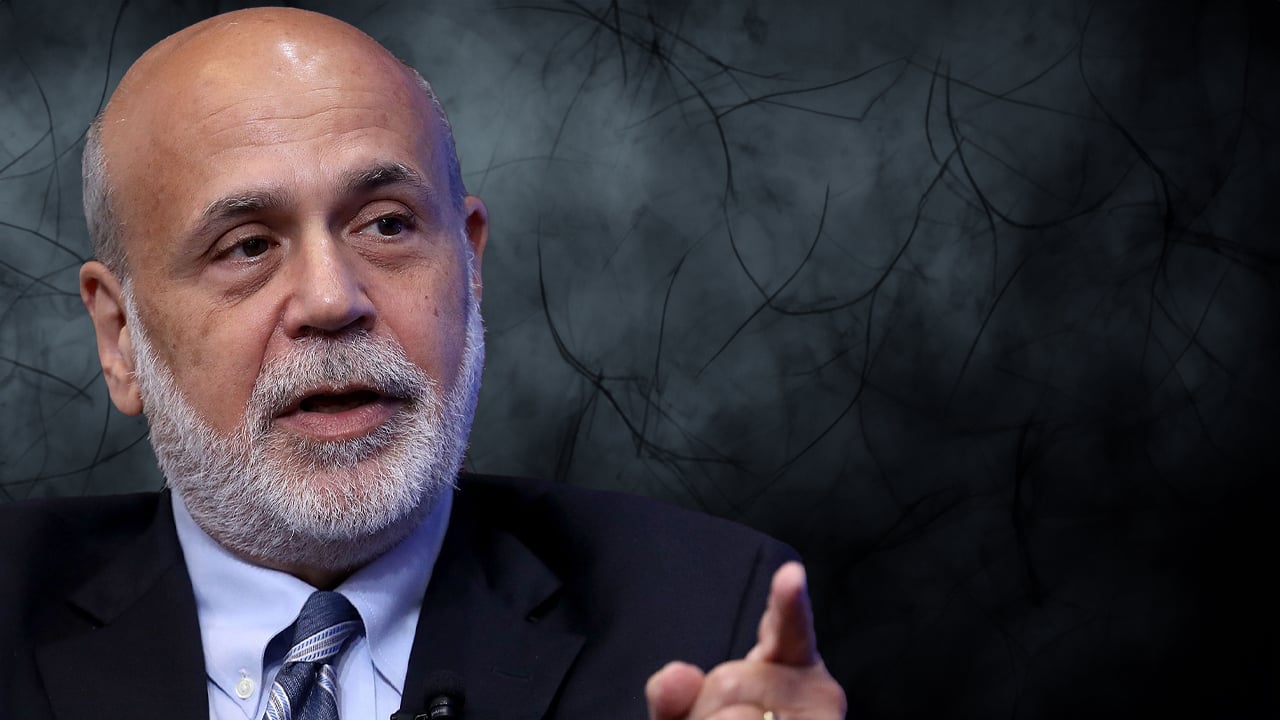
End of Fed's Tightening Cycle: Bernanke and Majority of Polled Economists See Terminal Rate Hike Ahead
By: TOGRP
July 24, 2023 7:54 AM / 0 Comments Banking and Finance Breaking News ZentaPost In Brief News Decentralization
The Federal Reserve's tightening cycle has been a topic of keen interest among economists and market participants alike. Recently, former Fed Chairman Ben Bernanke and a majority of polled economists have voiced their opinions, suggesting that the tightening cycle may be approaching its end. In this article, we delve into the insights shared by Bernanke and the polled economists, shedding light on the potential implications for the economy and financial markets.
The Federal Reserve's Tightening Cycle
As the U.S. economy rebounds from the pandemic-induced downturn, the Federal Reserve has taken measures to normalize its monetary policy. The tightening cycle includes raising interest rates and tapering the central bank's asset purchase program, aimed at managing inflation and supporting economic growth.
Bernanke's Perspective
Ben Bernanke, who served as the Federal Reserve Chairman during the 2008 financial crisis, has offered his analysis on the current tightening cycle. He asserts that the Fed may be nearing the terminal rate hike, implying that the central bank could be reaching the end of its rate-raising cycle.
Polling Economists' Views
In addition to Bernanke's perspective, a poll of economists conducted by a leading financial publication revealed that a majority of respondents expect the Federal Reserve to make one final rate hike before concluding its tightening cycle.
Factors Influencing the Fed's Decision
The Federal Reserve's decision to conclude the tightening cycle is influenced by several key factors:
1. Inflation Dynamics
Managing inflation remains a top priority for the Federal Reserve. As the economy recovers, rising inflationary pressures may prompt the central bank to consider the optimal timing for the terminal rate hike.
2. Economic Indicators
The Federal Reserve closely monitors economic indicators, including employment data, GDP growth, and consumer spending, to gauge the health of the economy and inform its monetary policy decisions.
3. Global Economic Conditions
Global economic conditions and geopolitical events can also influence the Federal Reserve's policy stance. Uncertainty in the global economy may impact the central bank's approach to normalizing monetary policy.
Implications for the Economy and Markets
The potential end of the Fed's tightening cycle holds significant implications for the economy and financial markets:
1. Interest Rates and Borrowing Costs
The conclusion of the tightening cycle may signal a pause in interest rate hikes, potentially impacting borrowing costs for consumers and businesses.
2. Market Volatility
Market participants closely watch the Federal Reserve's actions, and any signals of a terminal rate hike could impact market sentiment and lead to increased volatility in asset prices.
3. Investment Strategies
Investors may adjust their investment strategies in response to the evolving monetary policy outlook, seeking opportunities in sectors that are expected to benefit from the Fed's policy stance.
Conclusion
The potential end of the Federal Reserve's tightening cycle has drawn attention from economists and investors, with Bernanke and a majority of polled economists signaling the possibility of a terminal rate hike ahead. As the central bank continues to navigate the complexities of post-pandemic economic recovery, its policy decisions will have far-reaching implications for the broader economy and financial markets. Market participants remain vigilant as they assess the potential impact of the Fed's actions on their investment decisions and long-term financial goals.
FAQs
1. What is the Federal Reserve's tightening cycle?
The Federal Reserve's tightening cycle involves raising interest rates and tapering the central bank's asset purchase program as part of its efforts to normalize monetary policy.
2. What is the terminal rate hike suggested by Bernanke and polled economists?
The terminal rate hike refers to the final interest rate increase in the Federal Reserve's tightening cycle, signaling the end of the rate-raising process.
3. What factors influence the Federal Reserve's decision to conclude the tightening cycle?
The Federal Reserve's decision is influenced by factors such as inflation dynamics, economic indicators, and global economic conditions.
4. How might the end of the tightening cycle impact the economy and markets?
The conclusion of the tightening cycle may affect borrowing costs, market volatility, and investment strategies as market participants respond to the Fed's policy decisions.
5. What implications does the potential terminal rate hike hold for investors?
Investors may adjust their investment strategies based on the evolving monetary policy outlook, seeking opportunities in sectors expected to benefit from the Fed's policy stance.
